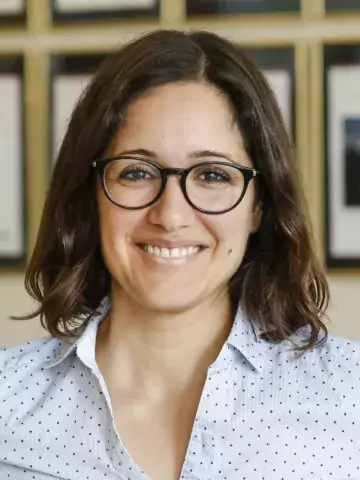
Neda Agahi in KI's podcast Medicinvetarna
KI's podcast "Medicinvetarna" asked Neda Agahi to answer the listener's question, whether it is true that older people consume more alcohol than in the past.
Listen to episode #71 of Medicinvetarna, featuring Neda Agahi (in Swedish).
